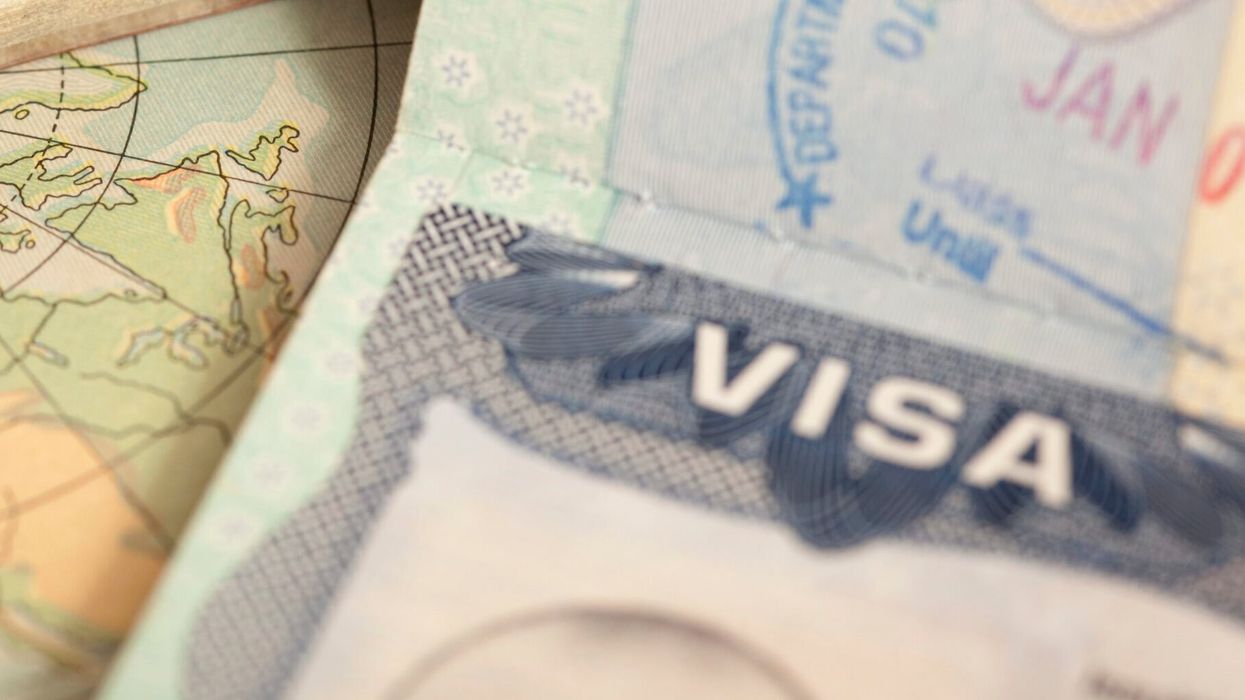Uzbekistan’s ambitious reforms aimed at transitioning to a market economy have received a significant boost with the announcement of an $800 million financial package from the World Bank. This move comes as the Central Asian nation prepares for its parliamentary elections on October 27, a key event that will gauge the progress of President Shavkat Mirziyoyev’s liberal reforms and the stability of the country’s evolving political and economic landscape.
The financial aid is designed to support Uzbekistan’s continued transformation from a state-controlled to a market-oriented economy, a shift that began in earnest after Mirziyoyev took office in 2016. The funds will be deployed across several key sectors, focusing on enhancing economic governance, promoting private sector development, and ensuring sustainable growth. This significant financial support reflects the international community’s confidence in Uzbekistan’s reform trajectory, but also highlights the challenges the country still faces in its quest for economic modernization.
A Key Moment for Uzbekistan’s Economic Reforms
The October 27 elections mark an important milestone in Uzbekistan’s political and economic journey. Since assuming power, President Mirziyoyev has embarked on a wide-ranging reform agenda aimed at opening up the country’s economy, improving governance, and fostering political liberalization. Under his leadership, Uzbekistan has sought to break away from the isolationist policies of his predecessor, Islam Karimov, who ruled the country for over two decades with a tight grip on both the political and economic spheres.
Mirziyoyev’s reforms have focused on liberalizing currency controls, attracting foreign investment, and restructuring key industries, including agriculture, energy, and transport. These changes have been designed to move Uzbekistan away from its Soviet-era economic model, which was heavily reliant on state planning and centralized control. The World Bank’s support is intended to reinforce these efforts, providing critical financial resources and technical assistance to facilitate a smoother transition to a competitive market economy.
The upcoming elections are seen as a crucial test of these reforms. While Uzbekistan has made strides in liberalizing its economy, questions remain about the depth of its political reforms and the degree to which the electoral process itself will reflect the democratic changes the government has promised. International observers, including from the OSCE, are expected to monitor the elections closely to assess their transparency and fairness.
World Bank’s Role in Supporting Reforms
The World Bank’s $800 million package is not the first time the institution has supported Uzbekistan’s reform agenda. Over the past several years, the World Bank has been actively involved in providing both financial and technical assistance to help the country transition toward a more open economy. This new funding comes as part of a broader engagement strategy that includes projects aimed at improving public sector efficiency, fostering private sector growth, and promoting environmental sustainability.
Specifically, the funds will be channeled into projects that aim to improve the country’s economic governance, enhance transparency, and strengthen institutions responsible for implementing market reforms. A critical component of this will be the modernization of state-owned enterprises (SOEs), which continue to dominate key sectors of Uzbekistan’s economy. The government has already taken steps to privatize several SOEs, but the process has been slow, and the World Bank’s support is expected to help accelerate these efforts.
The financial package also includes measures to promote small and medium-sized enterprises (SMEs), which are seen as crucial for diversifying Uzbekistan’s economy and reducing its reliance on a few key industries, such as agriculture and natural gas. By improving access to finance and reducing regulatory barriers, the World Bank hopes to foster a more dynamic private sector that can drive long-term economic growth.
Additionally, the funding will be used to support social safety nets and protect vulnerable populations during the transition. The shift to a market economy, while essential for Uzbekistan’s long-term prosperity, has also caused disruptions in the short term, particularly for workers in state-dominated industries and rural communities. The World Bank’s involvement aims to mitigate these negative impacts by providing targeted social assistance and retraining programs to help affected populations adapt to the new economic environment.
Economic Progress and Remaining Challenges
Since the launch of Mirziyoyev’s reform agenda, Uzbekistan has made significant economic progress. The country’s GDP growth has remained robust, averaging around 5-6% per year, even amid the global challenges posed by the COVID-19 pandemic. Inflation, which was a major concern in the early stages of the reform process, has begun to stabilize, and the government has successfully reduced its budget deficit to sustainable levels.
Foreign direct investment (FDI) has also increased, particularly in sectors such as energy, mining, and infrastructure. International companies have been attracted by the government’s efforts to improve the business environment, including reforms aimed at simplifying the tax code, streamlining bureaucratic processes, and reducing corruption. The World Bank’s support is expected to further enhance these efforts by providing technical assistance to improve regulatory frameworks and foster a more investor-friendly climate.
Despite these gains, significant challenges remain. One of the most pressing issues is the need to further diversify the economy. While Uzbekistan has made progress in reducing its dependence on agriculture, particularly its cotton industry, the country is still heavily reliant on exports of natural resources, such as natural gas and gold. To ensure long-term sustainability, the government needs to promote the development of new industries and encourage innovation.
Another major challenge is the continued dominance of state-owned enterprises. Mirziyoyev has pledged to reduce the role of the state in the economy, despite the difficulty of privatizing large SOEs. The World Bank’s support will be critical in helping the government overcome these obstacles and push forward with the privatization process.
The Road Ahead: Elections and Reforms
The parliamentary elections on October 27 will be a crucial test of the political side of Mirziyoyev’s reforms. While economic liberalization has been the centerpiece of his agenda, political reforms have been slower to materialize. However, Mirziyoyev has introduced changes to the electoral system, including the creation of a multi-party parliament and reforms to the judiciary, aimed at ensuring greater accountability and transparency.
The international community will be watching the elections closely. Organizations such as the OSCE and the European Union have expressed cautious optimism about the direction of Uzbekistan’s reforms.
For Mirziyoyev, the stakes are high. The elections will serve as a barometer of public support for his reform agenda, and a smooth, transparent election could strengthen his mandate to continue the economic and political changes he has promised.
A Delicate Balance
As Uzbekistan moves forward with its transition to a market economy, the $800 million in support from the World Bank will provide critical assistance in navigating the challenges ahead. The October 27 elections offer an opportunity for the country to demonstrate its commitment to both economic and political liberalization. While significant progress has been made, the road ahead remains complex, and the outcome of the elections will play a key role in determining the future trajectory of Uzbekistan’s reforms.
For Mirziyoyev, balancing economic modernization with political stability will be crucial in ensuring that Uzbekistan can achieve its long-term goals of growth, prosperity, and integration into the global economy.




